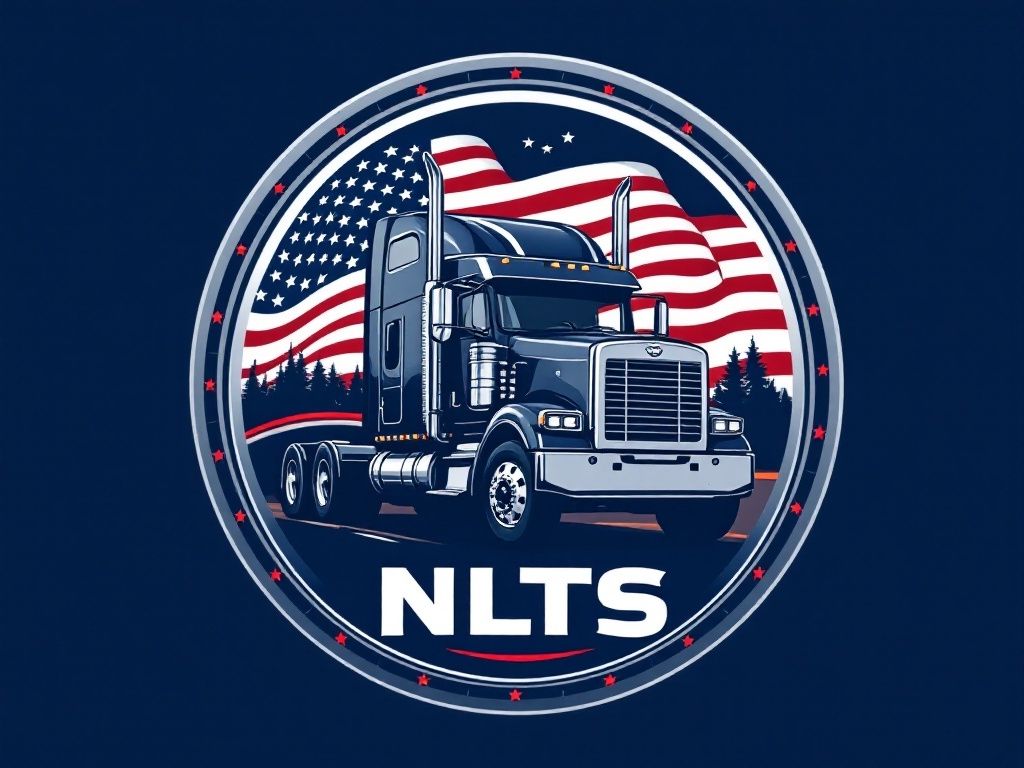The Ultimate Guide to Fleet Management Services for Trucking Businesses
Understanding Fleet Management Services
Fleet management services are crucial for trucking businesses aiming to optimize operations, reduce costs, and ensure safe and efficient transport. By leveraging modern technology and strategic planning, fleet management plays a pivotal role in maintaining a competitive edge in the industry. Whether you're managing a fleet of ten trucks or hundreds, understanding these services can significantly impact your bottom line.

Key Components of Fleet Management
The core components of fleet management include vehicle tracking, maintenance scheduling, driver management, and fuel management. Each of these elements contributes to the overall efficiency and productivity of your fleet. Vehicle tracking allows for real-time monitoring of locations and routes, ensuring timely deliveries. Meanwhile, maintenance scheduling helps prevent unexpected breakdowns and costly repairs.
Driver management focuses on ensuring drivers adhere to safety regulations and maintain optimal performance levels, while fuel management aims to reduce fuel consumption through better route planning and driving practices. Together, these components create a cohesive system that supports the smooth running of your trucking business.
The Benefits of Implementing Fleet Management
Implementing fleet management services offers numerous advantages for trucking businesses. Firstly, it leads to enhanced operational efficiency by streamlining processes and reducing downtime. With real-time data and insights, businesses can make informed decisions that improve overall productivity.

Secondly, fleet management contributes to cost savings. By optimizing routes, managing fuel consumption, and scheduling regular maintenance, businesses can significantly reduce operational expenses. Moreover, improved driver management can lead to fewer accidents and insurance claims, further reducing costs.
Choosing the Right Fleet Management Solution
Selecting the right fleet management solution requires careful consideration of your business's unique needs. It's essential to assess the scale of your operations, the size of your fleet, and any specific challenges you face. Look for solutions offering comprehensive features such as GPS tracking, analytics tools, and integration with existing systems.
Additionally, consider the user-friendliness of the platform. A solution that is easy to use will be more readily adopted by your team, ensuring that you get the most out of your investment. Conducting thorough research and seeking recommendations from industry peers can also guide you in making the best choice.

Overcoming Common Challenges in Fleet Management
Trucking businesses often encounter challenges such as driver shortages, fluctuating fuel prices, and regulatory compliance. Fleet management services can mitigate these issues by providing data-driven insights and strategic planning support. For example, predictive analytics can help forecast maintenance needs, while telematics data can enhance driver safety training programs.
Furthermore, staying updated with regulatory changes and ensuring compliance is crucial. A robust fleet management system can help you navigate these complexities by offering tools that monitor compliance requirements and automatically update records.
The Future of Fleet Management
The future of fleet management is being shaped by advancements in technology such as artificial intelligence (AI) and machine learning. These technologies are enhancing predictive maintenance capabilities and offering more precise data analytics. Additionally, the growing focus on sustainability is driving innovations in eco-friendly fleet management practices.
As these trends continue to evolve, trucking businesses that embrace cutting-edge fleet management solutions will be well-positioned to thrive in an increasingly competitive market.
